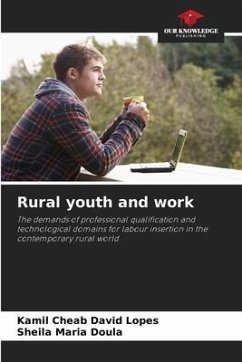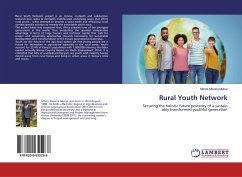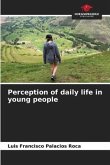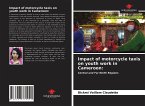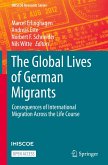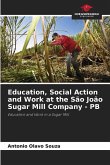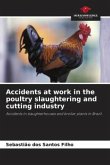The social sciences have often devoted themselves to the analysis of work in contemporary society. Regarding work in rural areas, sociologists, political scientists, anthropologists and economists have pointed, each in their own way, to the restructuring of productive activity and technological changes as the main guidelines for understanding the new labor relations, showing that the countryside cannot be understood only as exclusively agricultural, but also as the locus of other activities and functions, including urban features, which demand new domains and learning from workers. This book analyzes the situation of social inclusion-exclusion of rural youth in Jeceaba-MG based on the qualifications required in the context of the implementation of an industrial complex in the rural area of the municipality. We suggest the hypothesis that the multifunctionality of the field, if not accompanied by learning processes and technological domains, as well as by new local institutional arrangements that can make them feasible, may function as a factor of social exclusion of rural youth instead of promoting their autonomy through insertion in the labor market.

